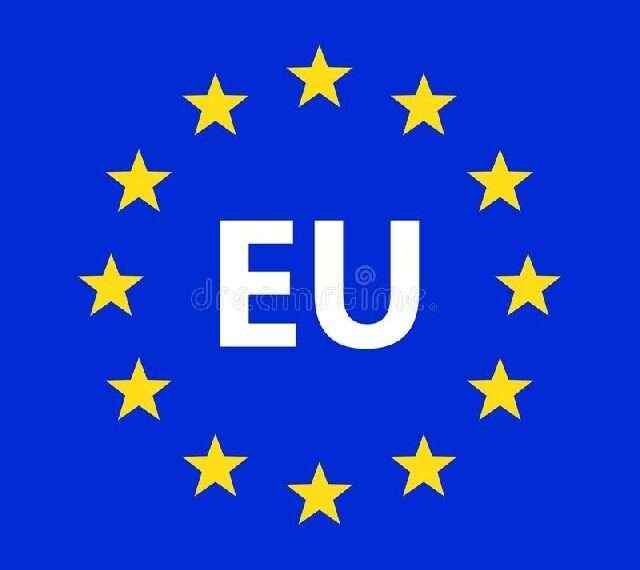Ghanaian stakeholders, led by Mr. Richmond Frimpong, President of the Ghana Agricultural and Rural Development Journalists Association (GARDJA), have expressed concerns about the potential repercussions of the European Union’s (EU) newly enacted legislation penalizing commodity trading companies for importing certain cash crops linked to deforestation and child labor.
The EU law, which mandates companies to produce due diligence statements proving that their supply chains do not contribute to undesirable practices, has raised apprehensions in Ghana regarding its impact on the country’s cocoa, coffee, and timber industries.
Mr. Richmond Frimpong emphasized the potential consequences, stating that failure to comply with the legislation could lead to significant fines, effectively acting as a de-facto ban on Ghana’s cocoa exports to the EU.
Ghana, heavily reliant on exporting cocoa, coffee, and timber to the EU, has faced challenges in meeting the EU’s import regulations in the past. The recent legislation comes at a time when Ghana is grappling with the depletion of its forests due to cocoa farming, illegal logging, and mining activities.
The stakeholders argue that the EU should reconsider its approach, emphasizing the economic impact on local industries and the livelihoods of those involved in the cash crop value chain. The statement questions the EU’s top-down policy formulation and calls for more inclusive deliberations involving producing countries.
Concerns were raised about the impact of the law on Ghana’s economy, given that the EU is a significant market for the country’s key commodities. GARDJA urged the EU to consider alternative measures, such as encouraging fair farm gate prices for farmers and supporting the processing of raw materials within producing countries.
The Need for Producing Countries to Focus On Adding Value
The statement also emphasized the need for producing countries to focus on adding value to their raw materials, promoting local consumption, and reducing reliance on exporting raw products. By creating wealth within the sector, farmers would be better positioned to address challenges such as child labor and deforestation, the statement argued.
As Ghana appeals for a reevaluation of the EU’s policies, the call highlights the delicate balance between environmental concerns and the economic realities faced by developing nations heavily dependent on cash crop exports. The outcome of this appeal may influence future discussions on sustainable trade practices and the collaboration between importing and exporting nations to address global challenges.
In addition to appealing for a reconsideration of EU policies, the stakeholders from Ghana underscore the importance of collaborative efforts between the EU and producing countries to address the root causes of issues like deforestation and child labor. They advocate for initiatives that foster sustainable agricultural practices, environmental conservation, and social responsibility.
By engaging in meaningful partnerships, both importing and exporting nations can work towards establishing standards that promote ethical and environmentally friendly trade practices. This collaborative approach not only ensures the integrity of global supply chains but also supports the shared goal of achieving sustainable development and fostering economic growth in developing nations. As discussions unfold, the hope is to strike a balance that safeguards both the interests of the EU in maintaining responsible trade practices and the socio-economic well-being of cash crop-dependent economies like Ghana.
READ ALSO: Agriculture Ministry Ordered to Swiftly Disburse GH¢1.8 Million to Bird Flu-Affected Farmers





















